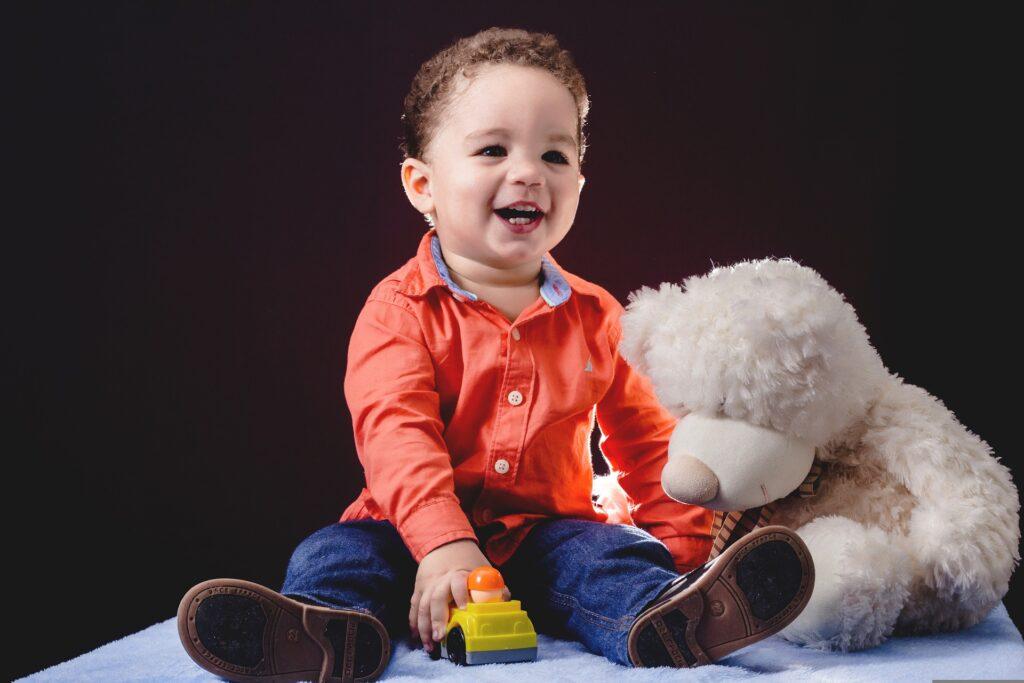Help your children create a life that feels good on the inside, not just one that looks good on the outside.
[su_quote]“A child who lives with praise, learns to appreciate” Kavita Yadav[/su_quote]
Praise and compliment children for their inner qualities such as kindness, honesty and perseverance so that they strive to contribute to the world in meaningful ways. Praising accomplishments (however small) makes children feel proud. However, you must be cautious of not going over the board while doing so because it might inflate their egos.
Your voice tone, body language and every expression must match the words coming out of your mouth. Children are great observers. Your words and actions affect their self-esteem. Thus, you must be cautious.
Praising efforts rather than abilities improves children’s motivation and success.
Reacting Negatively
Have you ever given a thought as to how many times you react negatively to your children in a given day? You may find yourself criticizing, complaining far more often than praising or complimenting. Here, if I ask you to stop and introspect… how would you feel about your boss or mom-in-law who treated you with all the negative compliments, even if well intentioned? How motivated you will be in doing your tasks? Do you actually need an answer to these above questions? No because I know that, you know how you will feel.
Similarly, criticizing, complaining, comparing with others, negative praise can actually undermine your child’s motivation. Thus, avoid making belittling statements such as, “What a stupid way of doing it!”
The more effective approach will be a genuine and positive response to a child’s effort, which helps to build the child’s confidence. You can do this by focusing on the process, efforts and using words to encourage such as, “I like the way you spoke with your sister” or “I appreciate you for giving your very best!” or “You packed your school bag as per the time-table without being reminded – that’s terrific!” or “I like the way you tried all kinds of strategies on that math problem until you finally got it.”
These statements will encourage good behavior over the long run than repeated scolding. This type of praise is effort-based praise. Children need to be taught that the process, effort of working toward a goal is just as important as reaching the goal.
[su_highlight background=”#d399ff”]Moms who praise their preschoolers for their good manners have kids with better social skills (Garner 2006; Hastings et al 2007). [/su_highlight]
What can you do?
- Be careful of how you praise
- Acknowledge effort, process & enjoyment
- Ask questions that stimulate critical thinking
- Avoid praising for low-challenge, low-effort, and no-mistake success.
- Discuss & share with your children that you too find things difficult sometimes and have to work hard to find the solution.
Praising by acknowledging efforts and achievements can boost a child’s self-confidence and help the child to keep trying hard and look for effective strategies to overcome challenges.
Effectively praise your child every day. Hugging, complimenting, patting can work wonders and are often reward enough. Praising children’s intelligence or talent sends a fixed-mindset message. Try to focus on the processes they use – their strategies, efforts or choices.
Look forward to your perspective on the Power of Praise. Share by leaving your comments in the section below.

